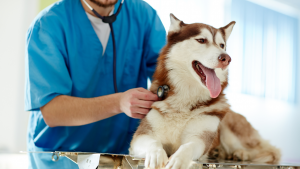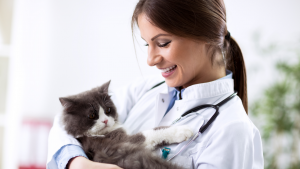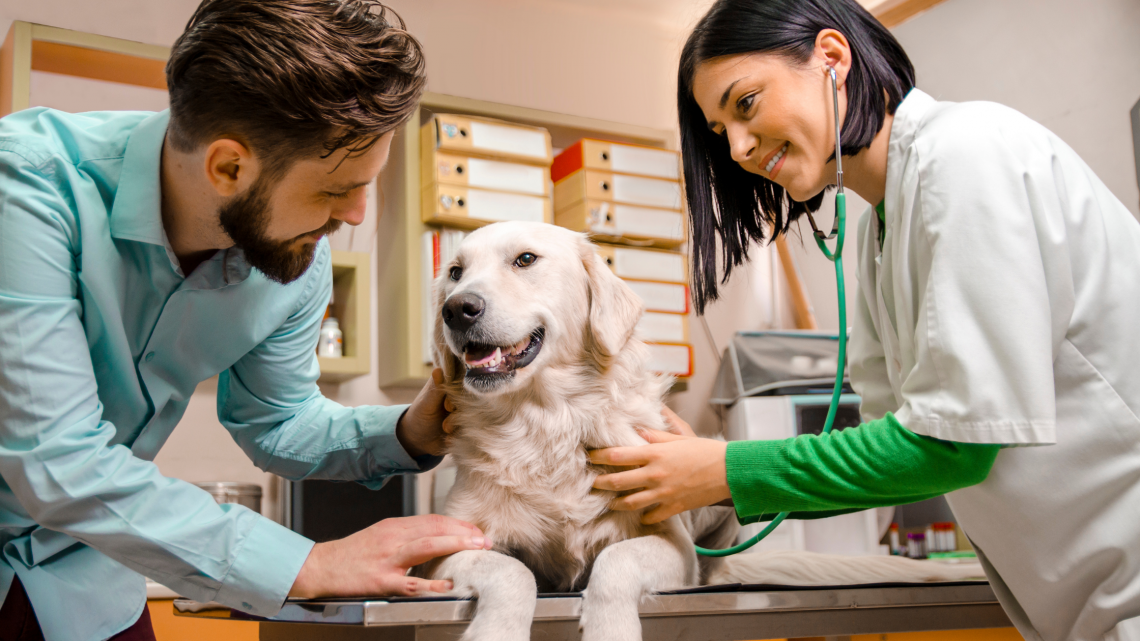Pet vaccinations are the best way to make sure your pets are not suffering from any highly preventable diseases. Just like the vaccinations we get for our family, these are important for the wellbeing of the animals we love. Unfortunately, pets are yet to learn how to ask to be protected from getting sick, so we need to do it for them. Getting the right vaccinations for your pet is but one of the many responsibilities. Just like providing high quality food, grooming, exercise and entertainment, seeking health services for your pet is just as important.
It doesn’t matter if you own a dog or cat, vaccinations are an important part of keeping them safe and healthy. Especially in the case of zoonotic diseases (those that can pass from animals to humans). In this short article, we’ll discuss the vaccinations you need for your pets and how often they need to happen to keep them in the best condition.
About dog and cat vaccinations
Vaccines are designed for the protection from infectious diseases and other pathogens that may cause pets from becoming sick. As we are interested in keeping our loved pets around for as long as possible. Vaccines were crafts to make sure that they were not suffering from some potentially life-threatening illnesses. Especially those that can affect our health as well.
Most (but not all) vaccines are made from microorganisms that cause the actual disease. After these are injected it helps the body to recognise the disease and build appropriate immunities. After the immune system has been taught to recognise and defeat these diseases it has the ability to fight it off much faster when it contracts a ‘live’ version. This effectively mutes the disease and stops it from becoming a problem for your pet.
Vaccines can work more effectively inside a healthy and relaxed pet. As it takes approximately seven to ten days for the animal to build up their immunity against the targeted virus, during that time they may be more susceptible to other conditions. So, if your pet is already trying to fend off another issue, it can make the vaccines less effective. It’s important to note that vaccines are not a cure for a virus or diseases. They are an aid in combating what it can do to your pet. They are designed to stop your pet getting sick when they contract the live version, so it can be said they are more of a preventative.
How many vaccines do dogs need?

Vaccines for dogs begin in their earliest life stage. Puppies are naturally curious about the world about them and their month acts as they’re hands, so to touch anything it will go into the mouth. Unfortunately this means they can get sick quite easily, especially after they have left the protection of their mother. At about eight (8) weeks old they should start receiving their first round of vaccinations and worming treatments.
The most common vaccinations your puppy/dog will need include:
Parainfluenza virus
Bordetella bronchiseptica
Canine distemper
Canine hepatitis
Canine parvovirus
As your puppy needs some of these vaccines over a period of time it is recommended that they do not interact out in public until the second week after their third vaccination. However, you should consult with your vet on the exact specifications about the vaccines given and what your puppy should or shouldn’t do.
In completely controlled situations, such as puppy school and obedience training, and other events when you know all the dogs that are attending, you can be relatively free to take your dog. However, in situations that you don’t know what dog has been vaccinated or not, such as dog parks, then you need to be cautious. Your dog may pick up a possible disease while the vaccine is still doing it’s magic, and cause your dog or puppy to become sick.
At what age should dogs be vaccinated?
The general timeline for a set of puppy vaccinations are:
- 6-8 weeks – first vaccination
- 10-12 weeks old – second (booster) vaccination
- 14-16 weeks old – final vaccination
- 1 year old – annual booster vaccination (and continually once per year)
If you have adopted a dog and are not sure of the vaccination history. Consult with the adoption agency or your local vet on the best method for providing the best care possible. If you’ve recently bought a puppy, the breeder should provide you with a schedule or a certificate that includes the first vaccination.
Are yearly vaccinations for dogs necessary?
Your vet should have a history of your pet and can let you know what vaccines need to be given on which date. Some vaccines last longer than others and may not need a booster every year. In most years your dog will need a booster shot to keep the vaccines working properly.
Even though your pet may not need an annual vaccine booster, it is still important they attend a vet at least once per year. This is for an annual checkup and to keep track of any issues that may affect their health. In the past it was recommended to have your pet vaccinated every year. However, as a few vaccines are lasting longer than that, this is falling out of favour at the risk of over medicating animals. It is best to ask your vet if the vaccines are necessary, if you’re not sure you can seek the opinions of other vets or people with appropriate training.
How often should dogs be vaccinated?
In the past it was considered good ownership to have your pets vaccinated once per year. But, now with new technology in vaccines many are lasting much longer than twelve (12) months. For a puppy, that has not previously had any vaccinations, they will start at about eight (8) weeks old and receive three vaccinations with the last one being after they are sixteen (16) weeks old.
In dogs (i.e. older than one year, or fifteen months for large breeds) you can expect to have vaccinations either once per year up to once every three years. This depends on the potency of the vaccine and the current level of antibodies present in your pet. As most vaccines work inside dogs differently, this can be based on their breed, and health concerns, the exact timeframe for your vaccines can be difficult to generalise.
The best method for deciding the frequency of your pets vaccinations is with consultation with your current vet. A titre test can be conducted to determine the amount of antibodies present in your dog. This can then be used to show if there is a need for an immunity booster.
What vaccines does my cat need?

There are many cat vaccines available. Currently, there are discussions in the veterinary sciences as to if over vaccinations are actually detrimental to your cats overall health. While we are not going to side with either party; especially at the extreme suggestions (e.g. all vaccinations or none), we would recommend getting the main vaccinations to protect your cat from any major problems; these include:
- feline parvovirus
- feline herpesvirus
- feline calicivirus
Other vaccinations for your cat that you may consider include:
- chlamydia felis
- bordetella bronchiseptica
- feline immunodeficiency virus
- feline leukaemia virus
You can also get cat vaccinations to for the prevention of many disease, these include:
- Feline immunodeficiency virus (FIV)
- Feline parvovirus (panleukopenia)
- Feline calicivirus
- Feline leukaemia
- Feline herpesvirus
Although it is not present in Australia, you can get a vaccination for rabies; this is beneficial if you are travelling with your pets to other countries.


No Comment